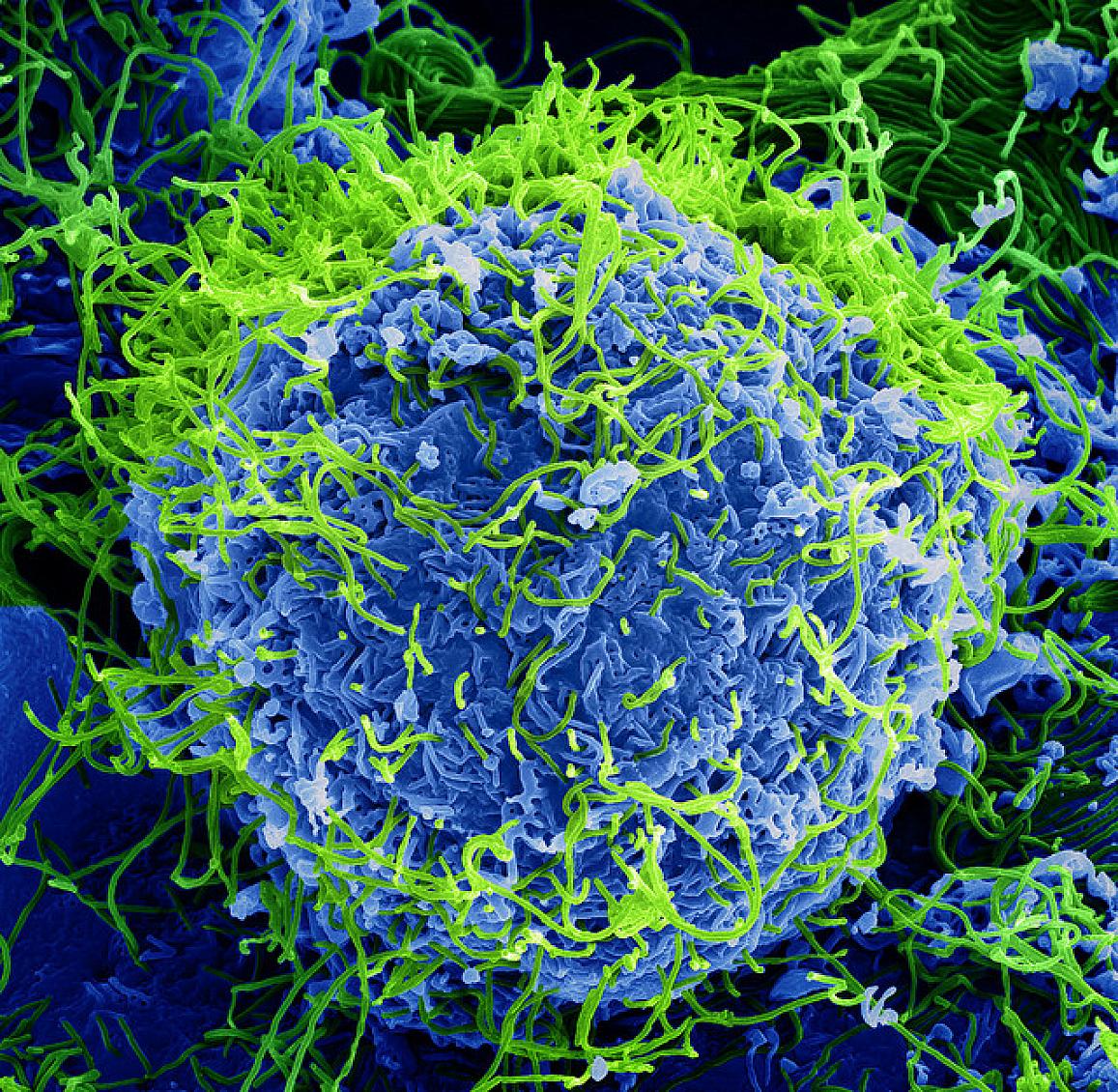In a Controlled Human Infection Model (CHIM) study, a well-characterised strain of an infectious agent is given to carefully selected adult volunteers in order to better understand human diseases, how they spread, and find new ways to prevent and treat them. These studies play a vital role in helping to develop vaccines and treatments for infectious diseases.
A very important application of the se studies are the field of malaria clinical research. Indeed in the Controlled human malaria infection (CHMI) studies, healthy volunteers are infected with Plasmodium falciparum to assess the efficacy of novel malaria vaccines and drugs, becoming a vital tool to accelerate vaccine and drug development.



